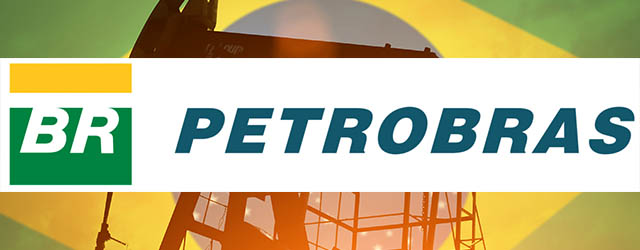Jaws dropped in June, when scandal-plagued Petrobras, the Brazilian oil company, announced plans to come to market with a 100-year bond. Who in their right mind would lend $2.5 billion for a century to an emerging markets company that in April wrote off $17 billion in overvalued assets and billions more in bribes?

As it turns out, the Petrobras bond, issued by subsidiary Petrobras Global Finance, was three times oversubscribed at a yield of 8.45%. The return was 40 basis points lower than initial guidance provided by lead managers J.P. Morgan and Deutsche Bank.
“Petrobras’s successful issue was a powerful suggestion that investors see value in Brazil, despite recent difficulties,” says Jan Dehn, head of research at Ashmore Investment Management in London. It was also a demonstration of how far asset managers have been forced to extend into longer maturities to get the yields they require.
If 100 years seems like a long time, consider the following: Global issuance of perpetual corporate bonds (bonds with no maturity dates) is hitting record levels, according to Dealogic. French energy company Total issued a perpetual bond for $5.7 billion in February. Volkswagen followed with a $2.6 billion perpetual in March. Companies raise cash and investors get a continuous stream of interest payments.
In what could be a last hurrah for the bond market ahead of the summer doldrums and expected Federal Reserve rate hikes later this year, and in the years to come, companies are seeking to lock in historically low rates while they can.
The corporate bond market already has been buffeted in recent months from volatility in sovereign debt, particularly German bunds. The volatility is, in part, a by-product of low liquidity owing to the large amount of bonds the European Central Bank has taken out of the market. ECB president Mario Draghi says markets will have to get used to it. “At very low interest rates, asset prices tend to show higher volatility,” he says.
Meanwhile, there are signs that the bloom is off the rose for the credit boom in sub-Saharan Africa, where governments issued more than $9 billion of debt on the international capital markets in 2014. Rising borrowing costs have put a damper on new issuance, which is running far below last year’s level.
Egypt made it to market in June with a $1.5 billion sovereign bond, the country’s first international bond sale in five years. The 10-year issue yielding 6% was increased from an originally planned $1 billion, and it attracted more than $4.5 billion of orders.
In Indonesia, the national airline issued $500 million of five-year sukuk to lock in new funding at an attractive cost. The Garuda Indonesia sukuk was the first offshore, dollar-denominated offering by an Indonesian corporation. More than half of the deal was allocated to Middle East investors.
Ryanair, the Irish budget airline, raised $966 million in its first-ever bond offering in June. The company will use the proceeds to help fund an order for 180 Boeing 737 aircraft that will enable it to increase the number of customers it serves by 50% in the next five years.



